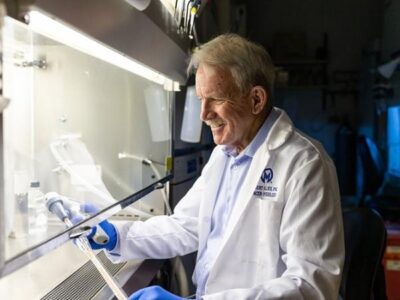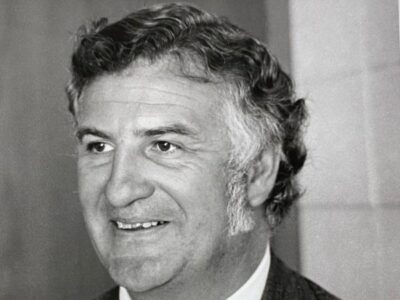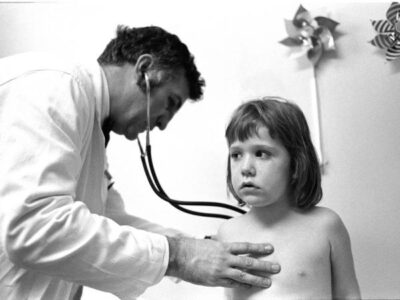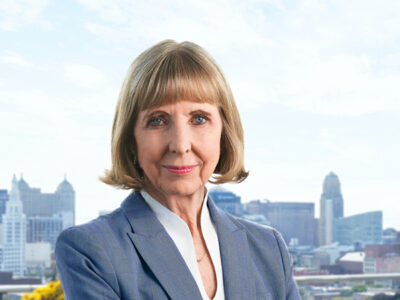The Cancer Letter staff won seven first-place Dateline Awards from the Washington, D.C. Chapter of the Society of Professional Journalists—three for journalism and four for design.
Moffitt Cancer Center and the global research community have lost a great leader, scientist, and collaborator. Dr. Robert J. Gillies died June 7 after an extended illness. His recruitment in 2008 and the contributions to science he made over the ensuing 14 years elevated Moffitt’s scientific stature. He was 69.
With the aid of a cane, Dr. Lucius Sinks moved briskly through the dining room at the Boar’s Head Inn in Charlottesville, VA. At the time, he was well into his ’80s. But he remained a formidable presence, with thick white hair, dark eyes, and a wry smile.
Last week pediatric oncology lost another pioneer in the field, Lucius Sinks. He was 91.
My first ASCO memories were back almost four decades ago (The Cancer Letter, June 3, 2022).
At 25, Elizabeth Carner was diagnosed with stage 4 colon cancer.
The ASCO annual meeting began in 1964 as a group of 51 physicians finalizing the bylaws of the organization—and has since turned into a much-anticipated global event that brings together 35,000 to 40,000 people across all areas of oncology.
When Judy Orem learned of her chronic myeloid leukemia diagnosis in 1995, she chose interferon over a treatment that seemed more risky—a bone marrow transplant.
Since its first annual meeting in 1964, the American Society of Clinical Oncology has outgrown most U.S. convention centers—and has fostered the growth and development of generations of oncologists.
We hoped that our city might be “the last place this ever happened.”















